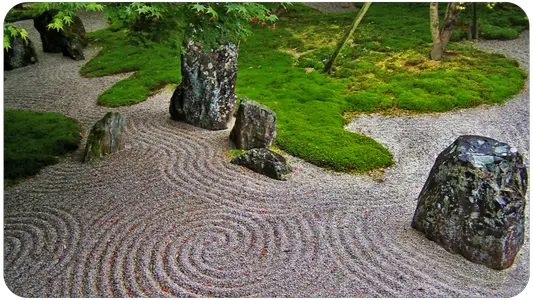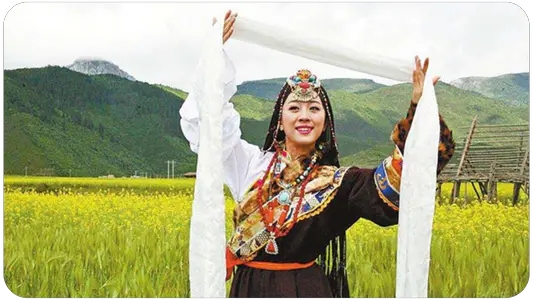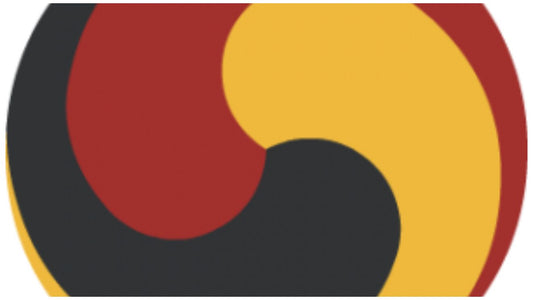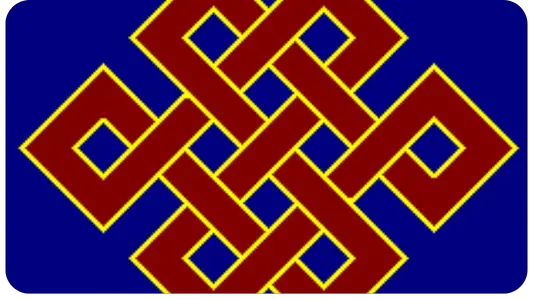Māgha Pūjā (Thai วันมาฆบูชา, RTGS: Wan Makha Bucha; Khmer មាឃបូជា, Meak Bochea; Lao ມະຄະບູຊາ, Makha Busa) is a holiday of the Theravada Buddhists of Thailand, Laos, Sri Lanka, Myanmar, and Cambodia.
The day is said to commemorate a spontaneous gathering of 1,250 disciples of the Buddha who had come together to hear the Buddha preach. This day always falls on the full moon day of the third lunar month in the traditional Thai calendar (late February or early March), so it occurs on a different date each year.
The name is composed of Māgha (Pali: name of the third lunar month) and Pūjā (Pali: to worship), so Māgha Pūjā is a day to worship the Buddha and his teachings on the full moon day of the third month.
Origin
The origin of the festival goes back to the legend about a spontaneous meeting of 1,250 monks. They had all independently decided to seek out the Buddha, who was living at the time in the bamboo grove (Weluwan forest) near Rājagṛha (in the historical kingdom of Magadha).
Of the 1,250 monks, 1,000 were enlightened ones (arhat) who had been previously ordained by the Buddha himself. The other 250 were disciples of the elders Moggallana and Sariputta. Other sources speak of 1,250 enlightened monks.
According to legend, the Buddha also used the Māgha full moon day in the last year of his life to announce that he would die within three months.
It is not clear when the Māgha-Pūjā holiday was first celebrated. In a list of religious ceremonies within a year issued by the Siamese King Chulalongkorn (Rama V), it is mentioned that his father King Mongkut (Rama IV. ) also celebrated a Makha Bucha Day ceremony at Wat Phra Sri Rattana Satsadaram (now Wat Phra Kaeo) as part of the establishment of the Thammayut Nikaya Order.
The holiday was probably first celebrated in Siam in 1851, and later became recognized as a public religious holiday throughout the kingdom.
Other designations
Because of the gathering of so many monks, the full moon day in the Māgha month is called "Sangha Day." Although, because of the origin of the event, this day is of less interest to lay Buddhists, it does provide an opportunity to reflect on the meaning of belonging to a fourfold community (lay males and females - Upāsaka and Upasika, respectively - as well as nuns and monks).
For the monks and nuns, this results in (often spontaneous) meetings and lectures held for several days on various aspects of the teachings, group meditation or sharing of experiences.
This day is also known in Thailand as the Fourfold Gathering (Thai จาตุรงคสันนิบาต - Chaturongkhasannibat pronunciation: [t͡ɕaː-tù-roŋ-kʰá-săn-ní-bàːt]), as it was the first time in history that the Buddhist monastic community gathered for an assembly that had four important features:
a total of 1,250 Buddhist monks gathered to meet their religious founder without prior convocation,
all of these monks were higher level enlightened ("Phra Arahant"),
all the monks had been ordained by the Buddha himself,
it was the full moon day in the Māgha month.
The sermon
The Buddha delivered his "Ovada-Patimokkha Gatha," the Patimokkha Exhortations, to the assembled monks on this day of the full moon of the third month.
Although some sections of the "Patimokkha Admonitions" are mainly addressed to ordained monks, they also apply to the lay Buddhist community.
Lay people can take these instructions as a basis for living in accordance with the Buddha's instructions (the Dhamma). Ajahn Lee Dhammadharo summarized these guidelines under six headings:
Anūpavādo - Not disparaging - speaking only good things about third parties.
Anūpaghāto - Non-harming - one should not allow oneself to hate others, instead one should practice metta.
A person who wants to avoid bad deeds will be careful not to become violent against others or take advantage of others.
Pāṭimokkhe ca saṃvaro - Restraint in accordance with the Pathimokkha - One should conduct oneself in such a way that one consistently lives close to the entrance to nirvana by observing the Five Rules of Virtue or even the Eight Rules of Virtue (Atthangasila).
Mattaññutaa ca bhattasmiṃ - moderation in eating - Ajahn Lee sees greed and selfishness, among other things, as the source of terrorism. As a way out, let one share whatever one receives with others (Dāna).
Pantañca sayan'āsanaṃ. - Living in seclusion - One should settle in a quiet place to become tranquilized in body and mind. It is helpful to practice meditation.
Adhicitte ca āyogo: - Commitment to high training of mind - One should not be complacent, practicing patience and restraint is equal to high training of mind.
Etaṃ buddhāna-sāsananti. - This is the teaching of the Buddhas - The extinction of suffering and craving signifies the highest realization.
Celebrations
The Makha Bucha celebration (in Thai: จัดงานวันมาฆบูชา - "Chat Ngan Wan Makha Bucha") is celebrated by devout Buddhists with religious activities such as. Giving offerings to the monks ("tak baat" - ตักบาตร) and/or listening to a monk's sermon (ฟังเทศน์ - "fang thet").
After dark, the monks lead the faithful to a candlelight procession (เวียนเทียน - "wian thian"), circling the "Chedi", the "Ubosot" building or even a Buddha statue three times.
Both the monks and the devotees carry the Triple offerings: a lighted candle, three lighted incense sticks, and a wreath of flowers or a fresh flower. Through the multiple "trinity," one is to reflect on the three jewels of Buddhism: Buddha, his teachings (Dharma), and the monastic community (Sangha).
In Bangkok, a religious ceremony will be held in the evening at Wat Phra Kaeo under the direction of King Maha Vajiralongkorn. Afterwards, the king will lead the candlelight procession around the bot, which is regularly attended by more than 100 people.
On the grounds of the Dhammakaya Foundation, not far from Bangkok, thousands of monks, several hundred thousand Buddhist lay people, along with guests from around the world, gather annually for a joint meditation on this occasion.
Celebrations in other countries
In Laos, the festival "Boun Makhabusa" is celebrated on the same date, which corresponds to the Thai Makha Bucha.
In Cambodia, the festival "Meak Bochea" is celebrated on the same date only regionally.
Current
For Makha Bucha Day on March 3, 2007, a reading of all 84,000 chapters of the Thai Tripitaka was held at Sanam Luang in Bangkok. Another occasion was the 80th birthday of King Bhumibol Adulyadej this year.
The reading from the 45 books of the Thai Tripitaka, which is over 100 years old, was recited non-stop for seven days and nights by Thai monks and lay people.
A last existing version of the Tripitaka, published by King Prajadhipok (Rama VII), was simultaneously exhibited at Wat Bangkradee (Bang Bon district). The lecture was the first of its kind in the 800-year history of Buddhism in Thailand. It was to bring "enormous religious merit" to the whole country.
Makha Bucha took place
2013 on February 25
2014 on February 14
2015 on March 4
2016 on February 22
2017 on February 11
2018 on January 31 (Sri Lanka, Cambodia), March 1 (Thailand)
2019 on 19 February
2020 on February 8
2021 on February 26
2022 on February 16
Makha Bucha takes place:
2023 on March 6





